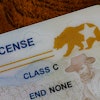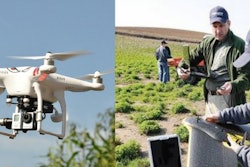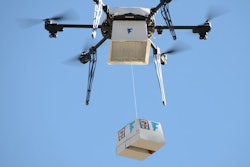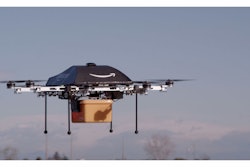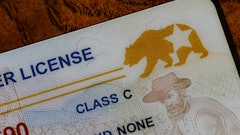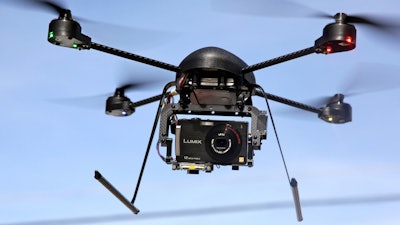
Thousands of would-be drone pilots are racing to get licensed under new U.S. regulations that have opened an aerial stampede, according to agweb.com.
More than 3,300 have signed up to take the test on Monday, the first day it’s available, and the U.S. Federal Aviation Administration estimates the number of drone operators-for-hire may exceed the nation’s 171,000 private pilots within a year.
“The sky is going to open up at the end of August for a lot of opportunities,” said Randy Yates of Omaha, Neb., who plans to take the FAA exam this week so that his company, National Property Inspections Inc., can use the devices for viewing rooftops and other difficult-to-reach locations. “It’s going to be a whole new world.”
The first major regulations governing civilian drone operations in the U.S. take effect Monday and permit anyone 16 or older to fly for hire if they pass a written knowledge test and background check. They can only fly drones during daylight, within sight, and no higher than 400 feet (122 meters) from the ground.
The rules replace ad hoc standards and a system of waivers that the industry said had hindered its growth. The rules don’t apply to hobbyists, who can fly without a license.
“We’re going to see so much starting to develop,” said Brendan Schulman, vice president for policy and legal affairs at China’s SZ DJI Technology Co., the world’s largest civilian drone manufacturer.
The appeal is clear. Drones can be used by farmers to monitor fields, by telecom companies to inspect cell phone towers, and by media outlets to videotape news events – often with greater ease and lower cost than using helicopters or fixed-wing aircraft. Industry officials at a Congressional briefing on Aug. 24 predicted insurance, construction, agriculture and electrical power companies, which have been cautiously exploring applications for unmanned aircraft, would now leap into such operations. The regulations also open the door to more small operators and service companies that fly drones for hire, they said.
To read more, click here.
